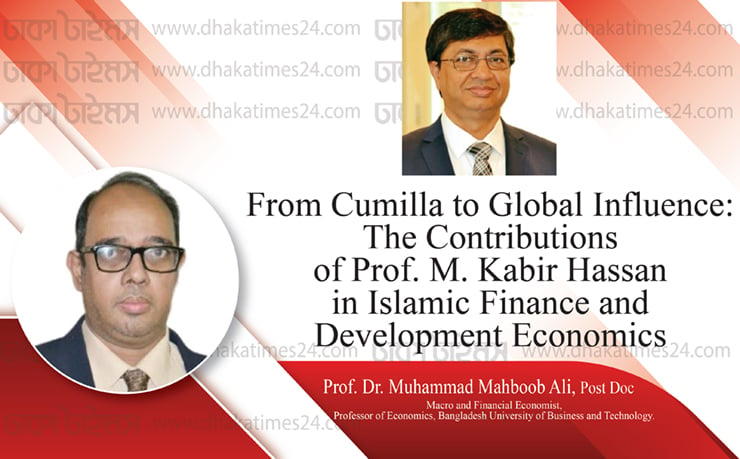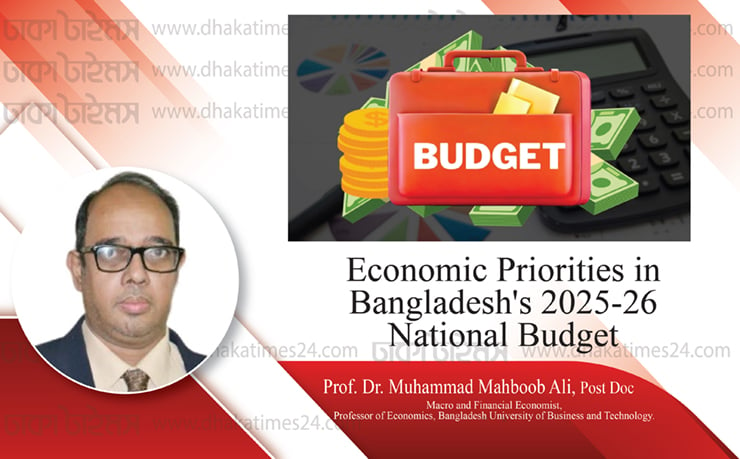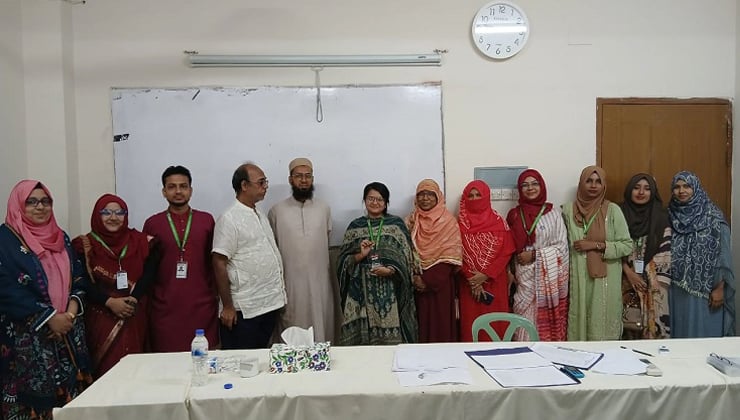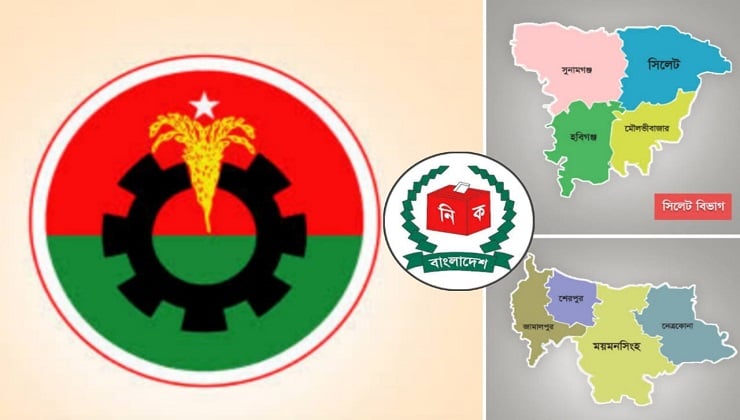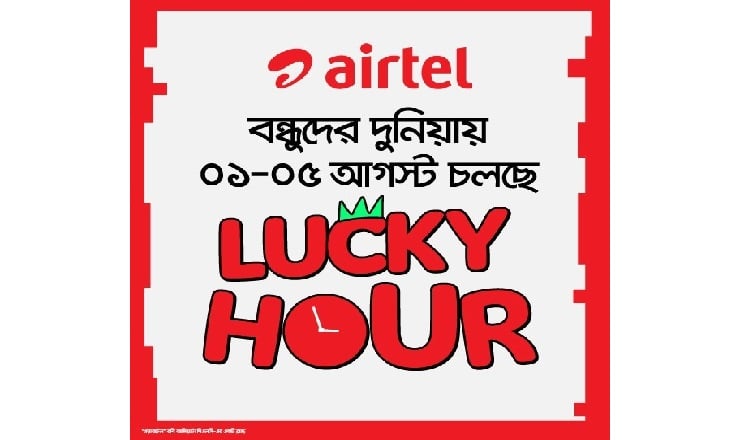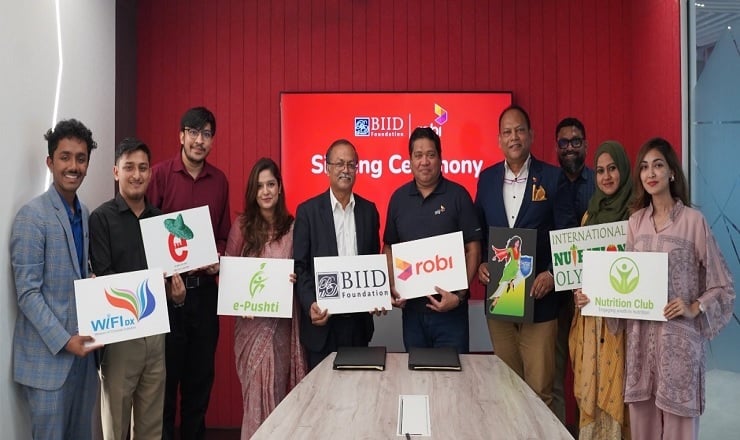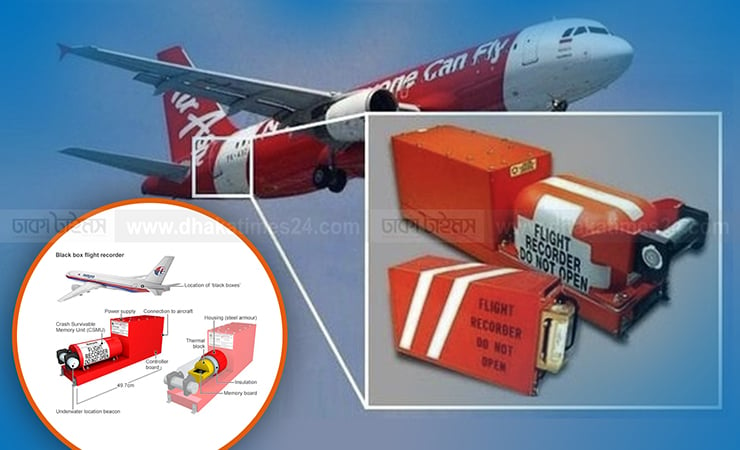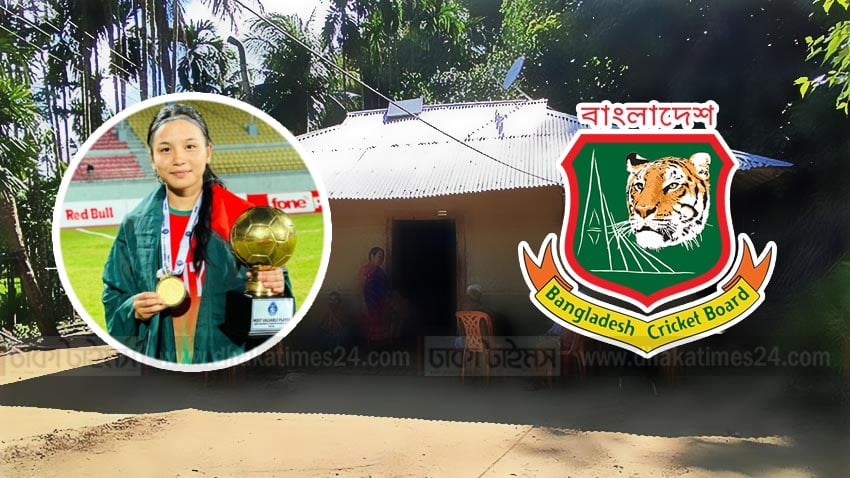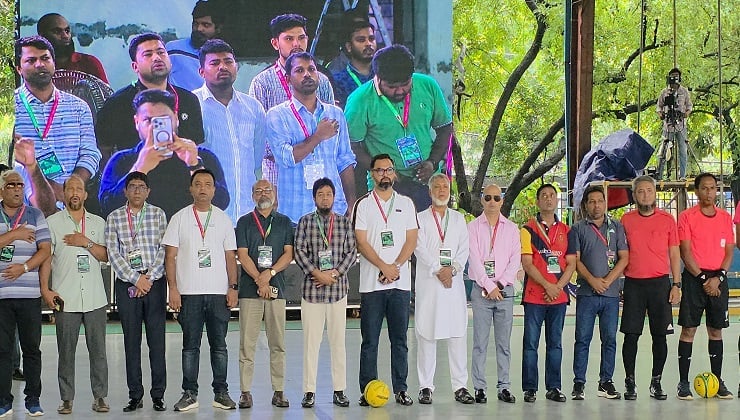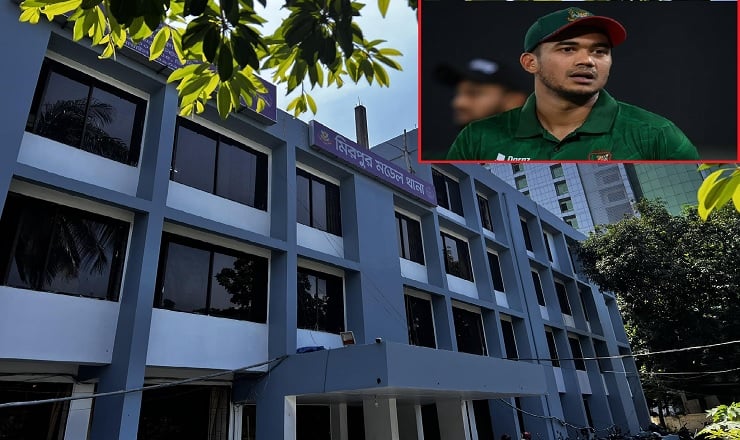BASF fortifies edible oil to fight against Vitamin-A deficiency
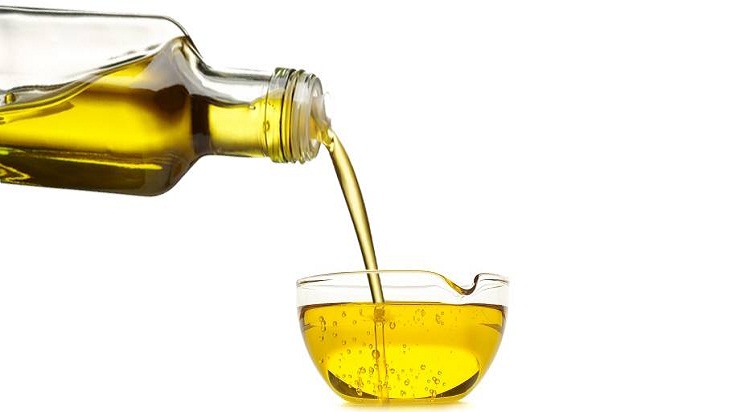
In Bangladesh currently one in five children is living with subclinical Vitamin-A deficiency (VAD), while Vitamin-A is important for growth, development and immune function. VAD is associated with night-blindness, increase risk of mortality from childhood infections. Bangladesh made a breakthrough by launching Vitamin-A fortification of edible oil, with the aim to reduce subclinical VAD. BASF collaborated with Bangladesh Government (MOI-Ministry of Industries, BSTI- Bangladesh Standards and Testing Institution), non-government-organizations (GAIN, UNICEF, GIZ) & private partners (oil refineries) and initiated multi-stakeholder dialogues leading to pass policy guidance in November 2015.
BASF positioned itself as the technical partner for MOI, BSTI, GAIN, GIZ and refineries. With the support from Global BASF Fortification, we provided solution in plant designing, analytics and quality product supply for sustainable business models with the aim to eradicate VAD.
Bangladesh is populated with 170 million and 22 million are under five years. Almost 84% of the people are living with only <2 EUR per day. As per National Micronutrient Survey 2011-12, per-capita edible oil consumption is above the national average among the food-insecure population. Thus through the fortification project, Government of Bangladesh support refineries to establish fortification plants and to produce vitamin-A fortified edible oil. As a medium to long-term strategy, this is to provide a sustainable solution for the whole population.
Vitamin-A deficiency (VAD) severity has declined remarkably since 1960s, although the prevalence of sub-clinical VAD (serum retinol <0.70 µmol/L) has not changed much over decades, especially among preschool children (PSAC) (6-59 months) and school-aged children (SAC). The prevalence is highest among children living in the slums. Subclinical VAD among severely acute malnourished children is 80%. Night blindness among children under five years is being maintained below 1% as WHO recommend.
Bangladesh is always deficit in edible oils and was dependent on imported oils and fats, mustard seed is the major oil seed crop produced in the country and traditionally, mustard oil in virgin form was the most consumed edible oil. Later soybean oil was introduced in early ’60s and was the dominating cooking oil of the country until 2002. The annual demand of edible oil in Bangladesh 1.72 Million MT.

Bulk packed edible oils occupy about 72% of market share in the country, while bottled edible oils take up the remaining 28%. Palm oil dominates in the bulk oil market, but soybean oil leads in the bottled edible oil market. Based on the import data the edible oil is growing by +8% and mainly driven by palm oil. Local manufactures produce rice bran oil and mustard oil showing a significant growth through more awareness. Keeping Hunting attitude in mind, BASF team looked for opportunity to collaborate with the Bangladesh Government, BSTI, GAIN and refineries.
BASF Bangladesh Limited (BBL) tapped into BoP market to enable Bangladeshi population to fight against Vitamin-A deficiency. A true example of strengthening the economy of a nation through developing healthier and happier generation. BBL partnership enables government, non-government organization and edible oil refineries capable to run Edible oil fortification with Vitamin A successfully.
Dhakatimes/28Nov/KS
 ঢাকা টাইমস অনলাইন এর সর্বশেষ খবর পেতে Google News ফিডটি ফলো করুন
ঢাকা টাইমস অনলাইন এর সর্বশেষ খবর পেতে Google News ফিডটি ফলো করুন
মন্তব্য করুন



